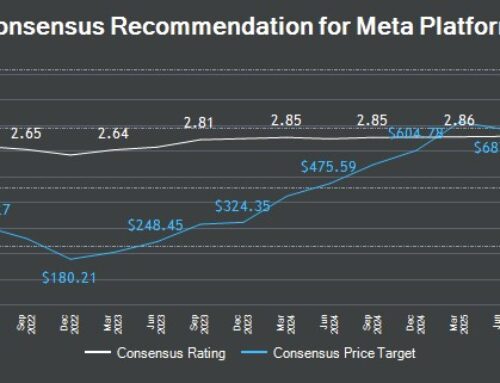Marijuana Can Improve Emotional Well-Being If Used Properly
April 20, 2018
Scientists from Washington State University (WSU) tracked medical cannabis users to understand how smoking different strains and quantities at home impacted their emotional well-being. Their findings in the paper titled “A naturalistic examination of the perceived effects of cannabis on negative affect” was published in the Journal of Affective Disorders on April 6. The study marks…
Scientists from Washington State University (WSU) tracked medical cannabis users to understand how smoking different strains and quantities at home impacted their emotional well-being. Their findings in the paper titled “A naturalistic examination of the perceived effects of cannabis on negative affect” was published in the Journal of Affective Disorders on April 6.
The study marks one of the first attempts to examine how varying concentrations of tetrahydrocannabinol (THC) and cannabidiol (CBD) can affect levels of stress, anxiety, and depression in the user when smoked outside of a laboratory. Of the many chemical compounds found in marijuana, THC and CBD are the most well-known cannabinoids.
When looking at the effects of cannabis on mental health, previous studies have almost always used the method of administering THC pills in a laboratory.
“What is unique about our study is that we looked at actual inhaled cannabis by medical marijuana patients who were using it in the comfort of their own homes as opposed to a laboratory,” said lead author Carrie Cuttler, clinical assistant professor of psychology at the university.
Cuttler and her colleagues Alexander Spradlin and Ryan McLaughlin used anonymous data from Strainprint. The trademarked app helps medical cannabis users in tracking changes of symptoms through different doses and strains. From the total of 11,953 sessions that were analyzed, 3,151 were for depression, 5,085 were for anxiety, and 3,717 were for stress.
Overall, users reported a 50 percent reduction in depression and a 58 percent reduction in anxiety and stress after cannabis use. It was noted that women experienced a significantly greater reduction in anxiety than men following their use.
Varying concentrations of cannabinoids seemed to have different effects. High CBD/low THC cannabis was linked to the largest changes in depression ratings, while high CBD/high THC cannabis produced the largest perceived changes in stress levels.
“A lot of consumers seem to be under the false assumption that more THC is always better. Our study shows that CBD is also a very important ingredient in cannabis and may augment some of the positive effects of THC,” Cuttler said.
She stated that this was one of the first studies to provide science-backed and evidence-backed guidelines on the strains and quantities of cannabis. This can help people who are specifically seeking to reduce stress, anxiety, or depression.
“Currently, medical and recreational cannabis users rely on the advice of bud tenders whose recommendations are based off of anecdotal not scientific evidence,” she said.
Another finding from the study seemed to suggest that while all three symptoms improved in the short term, cannabis may exacerbate depression over a longer period of time. On the other hand, no such changes were observed in the cases of anxiety and stress. The authors noted that the study was limited due to the lack of a control group. Future research may attempt to confirm these findings under double-blind, placebo-controlled conditions.
Search
RECENT PRESS RELEASES
Related Post




